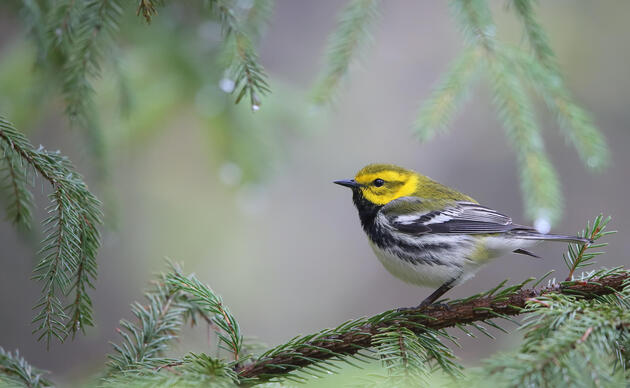We are writing in response to President Trump’s misguided decision to pull out of the Paris Climate Accord. Although this is challenging news to face, it’s an important reminder of how we be united in our action. Audubon Vermont’s work to conserve habitat and address the impacts of climate change is more important now than ever. As an organization, we are safeguarding our environment and addressing climate change in meaningful ways:
Reducing our dependency on fossil fuels which reduces carbon emissions:
- Our Pollinator-Friendly Solar Project is working directly with the renewable energy sector to make solar installations more friendly to birds while supporting Vermont’s shift towards renewable energy. We support Vermont’s energy goal to have 90% renewables by 2050
- With over 5,000 student contacts each year, our education programs are building a strong foundation of science in our next generation. These future leaders will understand the reality and science behind human induced climate change and will meet the challenge to work together in reducing our dependency on fossil fuels. More and more, our education team is delivering climate content in our programs.
Helping Vermont birds, wildlife, and people adapt to our changing climate:
- Our Bird-Friendly Maple Project is working with sugarmakers to responsibly manage forests in ways that promote species diversity and interconnectedness. These management techniques ensure our forests can adapt to a changing climate. Additionally, encouraging larger trees and leaving deadwood in the forest results in more stored carbon in our forests.
- A recent study by UVM’s Bill Keaton shows how forest practices promoted through Audubon’s Foresters for the Birds project result in greater sequestration of carbon, helping to keep it from adding to the blanket of atmospheric carbon that is warming our planet.
- Our Plants for Birds program is promoting the use of native plants in backyards, schoolyards, and community gardens. These native plants help birds find necessary food and shelter when working to adapt and survive in the face of a changing climate.
- Our policy work promotes keeping Vermont’s large forests blocks intact. Did you know that Vermont’s forests annually store over 8 million metric tons of CO2? That’s almost as much as Vermont’s annual carbon emissions. Our work to safeguard these forest blocks addresses impacts of climate change in many ways:
- Intact forests continue to sequester carbon;
- They aid in offsetting Vermont’s carbon emissions;
- They help our landscape be more resilient to flooding, which is predicted to increase as our climate warms.
Despite the short-sighted decisions of this administration, Audubon Vermont will continue to address climate change as the biggest threat to birds and people.
Vermonters can take steps together to combat climate change.
1. Commit to Solar, reduce carbon emissions – Utilities across the state are offering solar programs where customers can take advantage of clean, renewable solar energy. You can also install rooftop solar on your home or business.
2. Green Your Commute, use less fossil fuels – Reduce your transportation pollution by purchasing fuel-efficient cars, carpooling, and biking or walking to your destination. Ride sharing apps make it easier save emissions!
3. Grow Bird-Friendly Plants at Home – Native plants can reduce your water and energy consumption. Check out Audubon’s Native Plant Database to learn more about native plants for your area!
4. Reduce Home Energy Use – Install energy-efficient lightbulbs, check your house for leaks, and ask your utility company for a free energy audit.
5. Get Involved and Informed – The biggest threat to birds is climate change. Join Audubon’s action network and add your voice to Vermont’s most effective conservation organization.
Take Action
Sign up for updates about Audubon Vermont's conservation work, get news about our activities and local events, and find out how you can take action to help birds.




